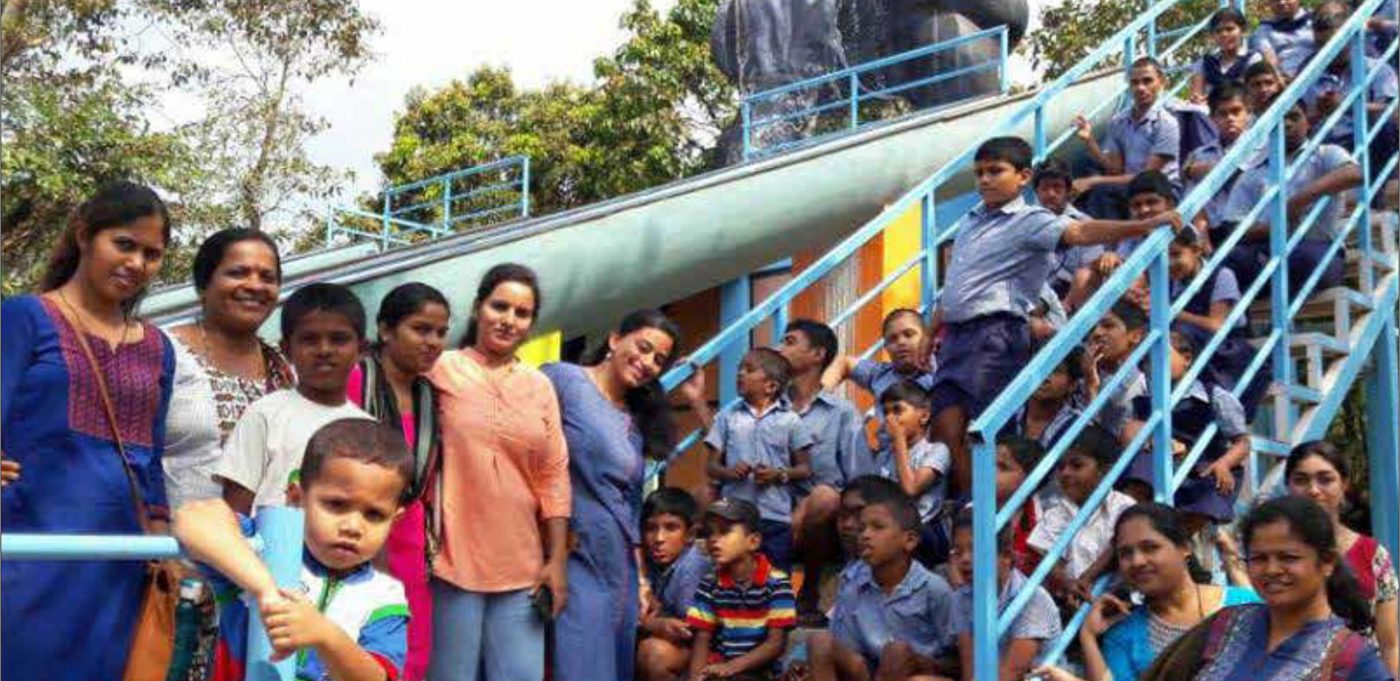SINI FERNANDES
2nd April is internationally recognized as World Autism Day. As we talk about autistic children, we also have to look around to the other children with special needs who are termed as intellectually disabled in psychology. We have come a long way from calling them ‘mad’ ‘crazy’ and ‘mentally retarded’ and it is indeed a big and much needed change.
There have been research papers published and scientific discoveries done but what is really needed is a change in people’s perspective. As Aditi Phaldesai, incharge of Lokvishwas Pratisthan, a special school in Cancona says “We do not want people to look at our students/other children as ‘Special children’ rather we want people to perceive them as children with special needs ‘‘, why Aditi says this is because, the minute people look at them as ‘Special children’, they pour out unwanted sympathy and pity towards them, something that actually harms a child’s growth.
As Aditi further adds on, ‘‘Giving a chocolate to a 15 year old intellectually disabled child and then unwrapping the chocolate thinking that the child won’t be able to do so is in a way undermining the child’s ability. They need age appropriate behaviour and most importantly equal respect’’.
Which brings us to the second and the most crucial factor, ‘respect’. Isn’t that something that we all seek out? Don’t we say that respect is much more important than mere love? Then why make a difference when it comes to those children? Yes, they are different but they are humans first. They have much more harder life than us and they do make little accomplishment which are a bigger stepping-stones for them, their parents and their teachers. Respect them and you will see them grow. Wherever it might be, in bus, in market, in library, just look at them and talk to them with respect. That’s all they need.
Parents play a major part in children’s lives. When it comes to children with special needs, parenting is much more difficult and stressful. People say that parents should just accept the fact that they have a special child and walk along but put yourself in their place and think about it. Is it easy? And as an outsider, is your pity or taunts going to help their journey? As Aditi says, ‘all they need is a simple understanding and a little help.’ This reminds me of one incident, I was teaching a group of migrant children under one company’s project last year. We had our classes on the ground nearby to their houses and teaching them was really an enriching experience. All students were really keen on studying except for one. He was really notorious and even though he was 12 years old, he did not know basic alphabets or numbers. As I paid more attention to him, I realized that he was intellectually disabled and other children made fun of him because of that. Nobody looked at the fact that beneath that exterior of notoriousness, he was a really kind hearted child. As I talked with his parents, I realized their pain; their neighbours called him mad and because of that, the other children did the same. This was not just their situation. This can be seen in every strata of the society. Don’t they deserve a normal level of understanding? A slightly better behaviour?
When it comes to being a special education teacher, it is a much bigger responsibility. You have to be truly passionate about this field. Aditi further on adds that, ‘‘you should be in this field by choice and not by chance’’, that sums up everything. When you teach a child, you are taking a responsibility of making him/her a good person and a good citizen as whole and it is true not just for special education teachers but also for regular teachers. You have to be a dedicated teacher.
Home and school is not the only limited area for children with special needs and it should not be. Aditi said that many children opted not coming to school when there was no school bus because they were literally humiliated in public transports. Remember, even your look says a lot. It is our responsibility to make them feel safe and respected. It is our responsibility to reach out to their parents through small gestures so that they know that we do understand them. The world does not run on sympathy, if there is something that can truly connect us, it is empathy alone.



























